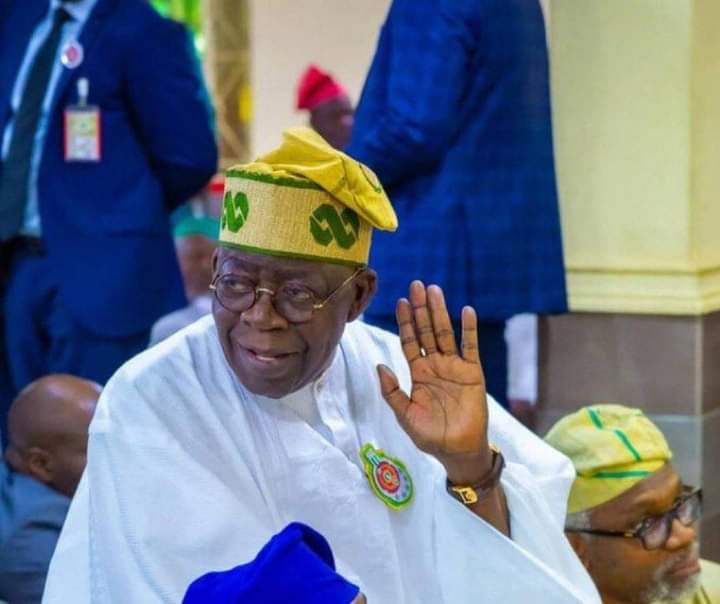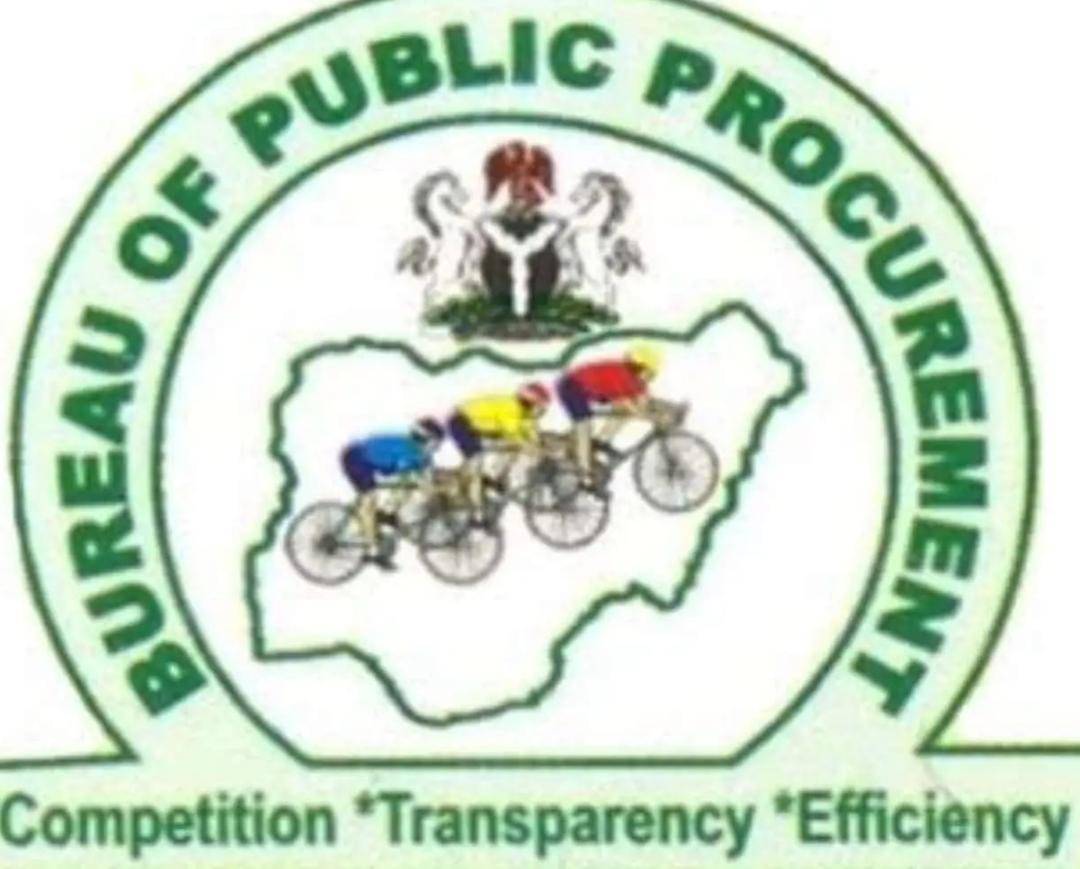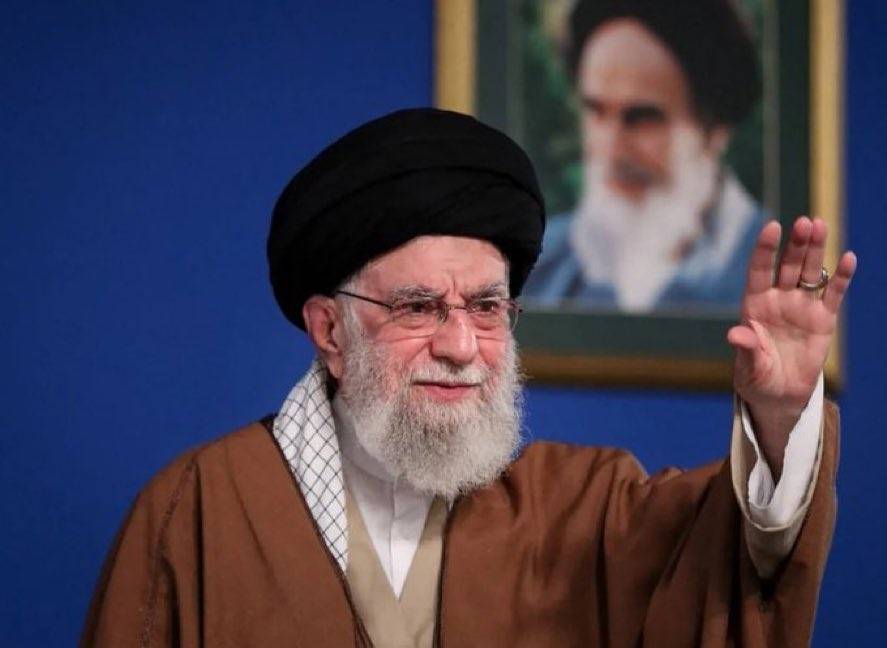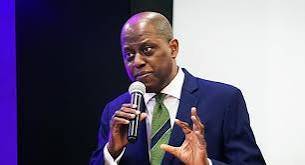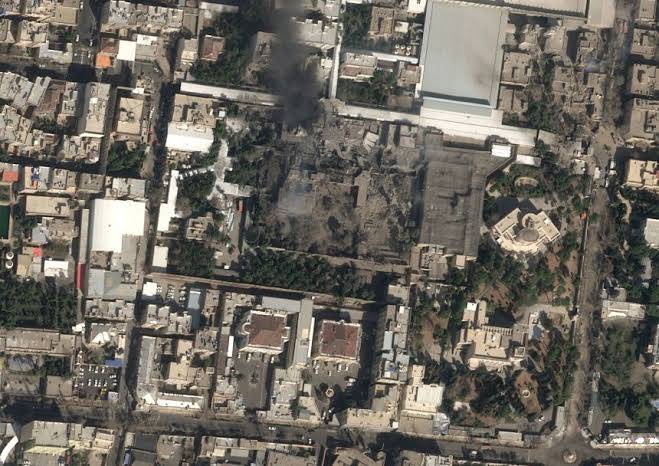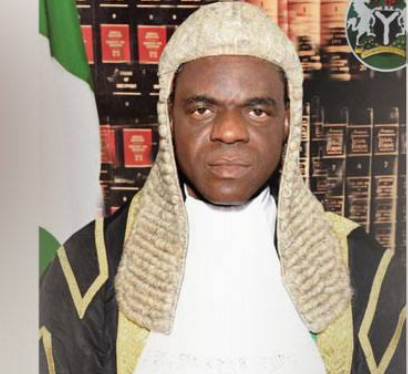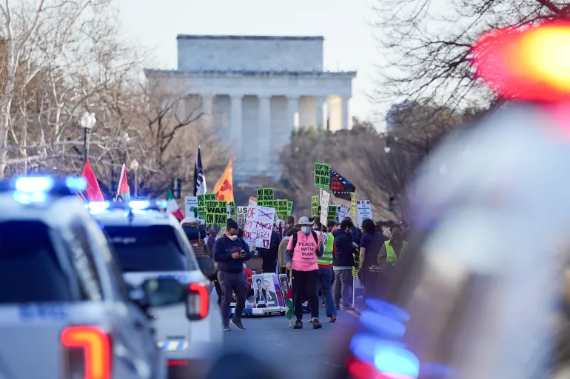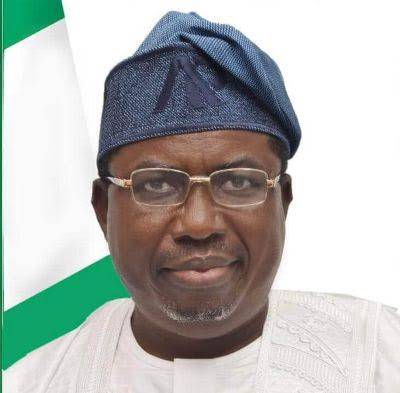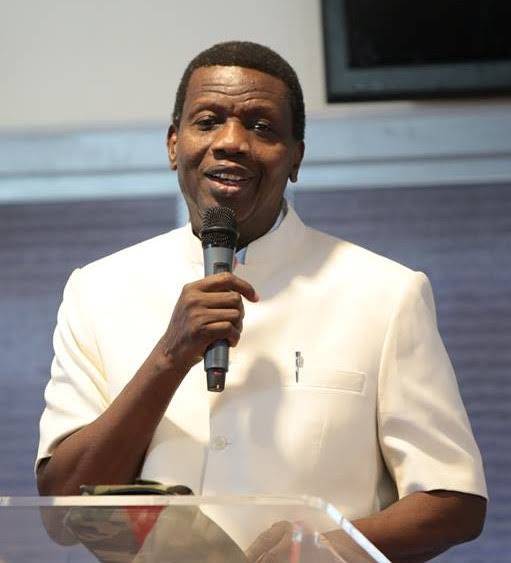One of the greatest challenges confronting the current administration is how to restore true federalism. It appears President Bola Ahmed Tinubu is trying to resolve the hurdle in an exceptional way and with a unique style.
That time-tested style is characterised by devotion to the constitution, respect for the rule of law, and belief in the judiciary, the third arm of government and ultimate arbiter under democracy.
As a democrat, the president is leaning on these pillars of popular rule as he undertakes the critical assignment of repositioning the country for the nation to have what some people call proper federalism.
It would be a long journey. But the foundation is being laid, to the surprise of those who thought the president may have abandoned what he agitated for when he was opposition leader.
The key to restoring an effective federal principle is reform, which would yield the dividends of restructuring or devolution of powers that are ingredients of a decentralised democratic order.
There are four routes to the goal. The first is by the convocation of a national conference. Many believe this approach is laborious, monotonous, and wasteful because the previous two conferences ended in a fiasco. The 2004 conference report was sacrificed for a third-term agenda. The 2011 conference was no more than a jamboree, a Greek gift.
The second option is the Sovereign National Conference (SNC), which would validate a popular process leading to the birth of a people-oriented constitution, based on agreed terms for peaceful coexistence in a multi-lingual, multi-religious, and diverse society. However, this has been largely elusive.
The National Assembly has often viewed an SNC as a threat and an affront to its sovereignty as the custodian of the constitution amendment process, oblivious of the fact that it was voted into power by the people.
The third approach is through a constitutional amendment. This is the purview of the National Assembly. The belief is that the 1999 Constitution has lied against itself by posing as a federal constitution that harbours some elements of unitarism. So far, getting a consensus on many items in the national document has been an uphill task. Periodically, there is a piecemeal constitution review, but it is incapable of making Nigeria a proper federation.
The fourth option is through a judicial pronouncement, particularly by the Supreme Court, which has the power to give a final verdict on constitutional matters and resolve any conflicts arising from inter-governmental relations in a supposedly federal entity.
The third approach has produced a far-reaching, unprecedented result as the apex court affirmed local government financial autonomy. Allocations to the 774 councils will henceforth go directly to the council chairmen. The middlemen – governors – are being partly eliminated from the channels of financial control over the councils.
With the development, it is hoped that there will no longer be any cause for fund diversion. Also, only democratically elected councils would be recognised; there would be no room for caretakers, generally perceived as impostors. The onus is on state governments to conduct council elections. With the apex court’s pronouncement, the local government is gradually becoming the third tier of government in Nigeria.
But, in this circumstance, some puzzles have arisen. Has the court abrogated the State/Local Government Joint Account? Has it outlawed the power of the Houses of Assembly to create and politically supervise the local government systems?
It appears the verdict has strengthened the councils financially to frontally tackle the challenges of grassroots development. It means that the councils’ responsibilities that were hitherto discharged on their behalf by states would be returned to them.
Politically, the local government will now be attractive to politicians. Competition for the positions of chairmen and councillors will now become stiff. There will be a need to check reckless council bosses who may want to convert their domains into a means for acquiring private wealth.
But scholars need to study the emerging trend of having a corrective federalism whereby local governments centrally created by past dictatorial military regimes are listed in the constitution. On the other hand, those created by civilian governors, based on consultations and public yearnings, are not listed. Such a development would make the procedure for creating them inchoate.
President Tinubu was an apostle of devolution of power and creation of true federalism when he was the opposition leader. Consistent with that avowed commitment, he has upheld the decision of the immediate past government to decentralise rail transportation, for example.
This implies that the centralisation of the rail system is outdated. The railway is thus on its way to the Concurrent List. This is laudable. While the Federal Government can build on the existing structures, states, groups of states, regions, and groups of regions can collaborate to extend the rail lines for ease of transportation and commerce. If the railway is improved upon, the roads would be insulated from the threats posed by trailers and other articulated vehicles on the highways.
Electricity has been a big headache to Nigerians. Yet, it is critical to public welfare, effective business operations and industrialisation, particularly the resuscitation of the manufacturing sub-sector, which can create jobs. Without a stable power supply, there would be no ease of doing business. Investors may also be reluctant to explore opportunities in Nigeria.
The decision by the Federal Government to decentralise the supply of electricity is just beginning to catch up with the proposals enjoined by the Tinubu Administration in Lagos, which gave birth to Eron/PPP.
It is now possible for a state or group of contiguous states or a region to collaborate to have regular power supply, instead of relying on the current mess.
President Tinubu’s position on state police has also received commendations. The goal of a decentralised policing structure is to bring policing to the people’s doorsteps at the grassroots and boost the channels of intelligence gathering.
Under the proposed state policing system, those who know the environment would police their areas. Therefore, they would have a good knowledge of the environment and the people they serve. The geography, sociology, history, psychology and the customs of each area would aid the policing system.
This approach would enhance the security system, which would become the joint responsibility of the state or community policemen, the indigenes, and the residents.
However, there are three challenges. The idea of state policing suggests that there would be a multi-layer policing system. What would then be the relationship between the federal police and the policing structure controlled by the governors?
Also, the governors would become the chief security officers in their states. However, what is the assurance that they would not deploy state police to oppress their foes, or the opposition, especially during electioneering?
There is also the concern about funding. While some states that are already giving substantial financial support for the federally centralised police can fund state police with success, other less endowed states may flounder in funding.
Two other issues agitating students of Nigeria’s federalism are the Value Added Tax (VAT) and resource control. Already, the VAT case is pending in court. Should states that outlaw alcoholism, for instance, partake in the proceeds of tax generated through alcoholic consumption from other states?
Does it not amount to robbing Peter to pay Paul when VAT is generated in a state for the benefit of other states? One zone tolerates alcohol, which consumption generates huge VAT and another zone has outlawed alcoholism. But in the portions of the VAT from the sale and consumption of alcohol in the former are still distributed to the later, because they must be their brother’s keeper.
The crisis of federalism in Nigeria is connected to the quarrel over the distribution of the proceeds from oil, a national cake domiciled in the Niger Delta region and a few other areas. Host communities, despite the various Federal Government interventions, are still complaining about imbalance and lopsided distribution. While some states claim ownership of solid mineral deposits in their domains, they still get their shares from the revenue that accrues from oil, a national wealth sustaining the federation.
There is still more work to redress perceived injustice and injuries arising from the nation’s highly defective federal system.
Many believe that if reforms for devolution were implemented to a logical conclusion under the Tinubu Administration, Nigeria would be liberated from the yoke of ‘unitarism’.
Culled from The Nation


